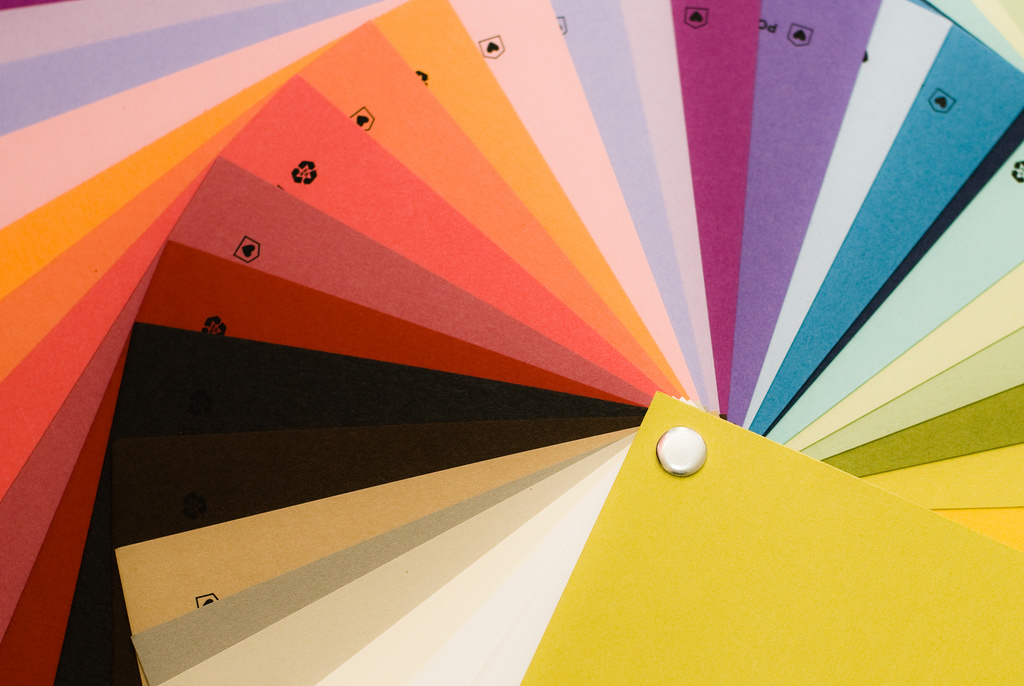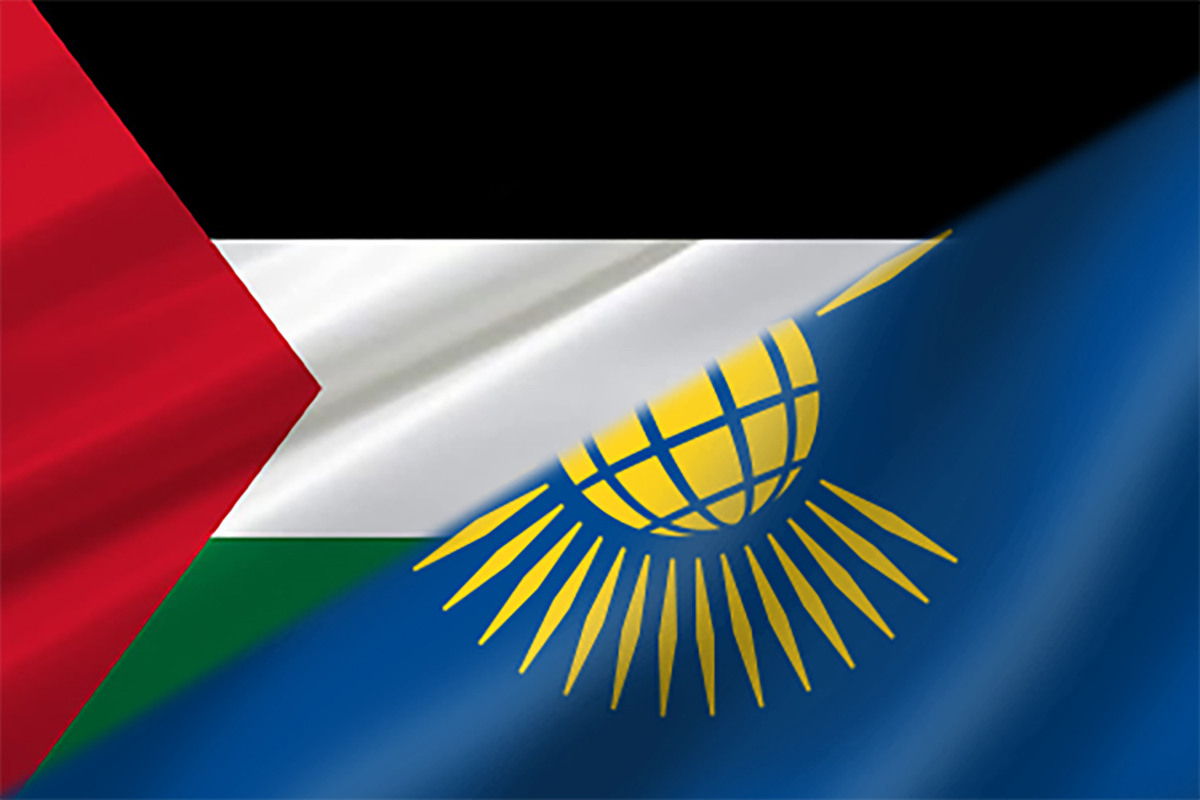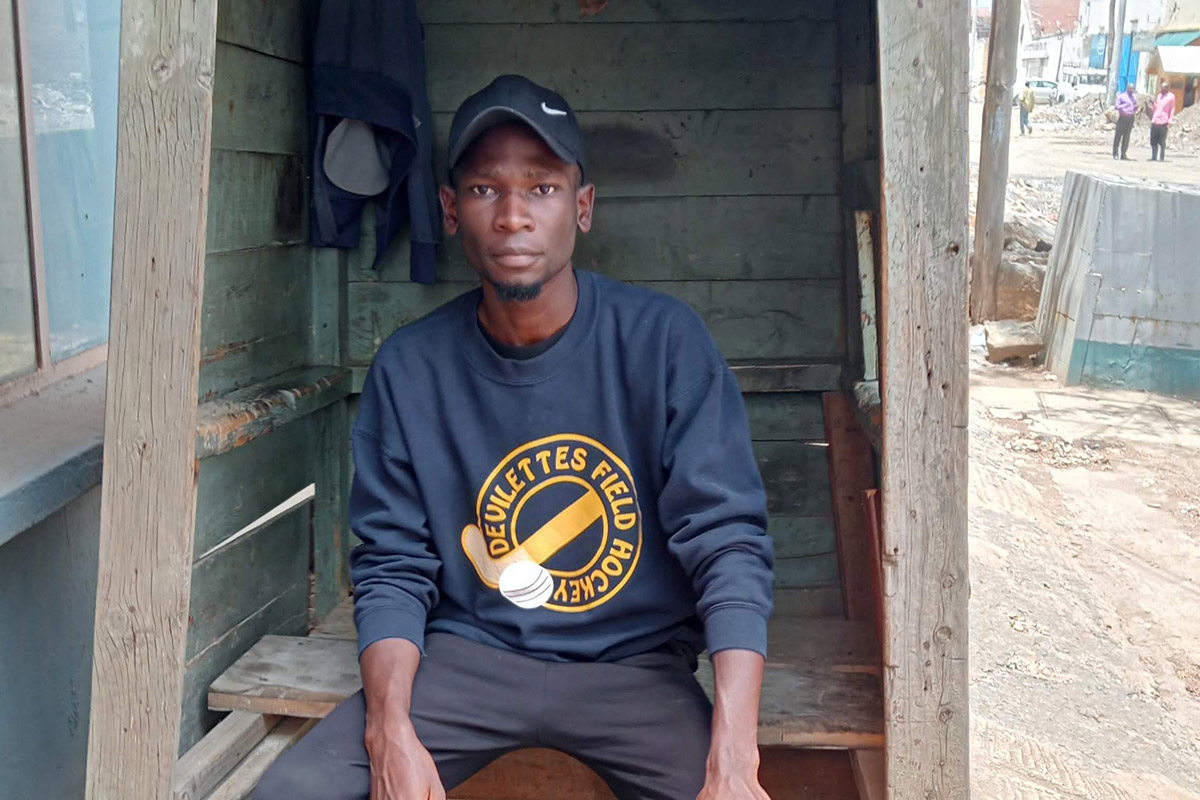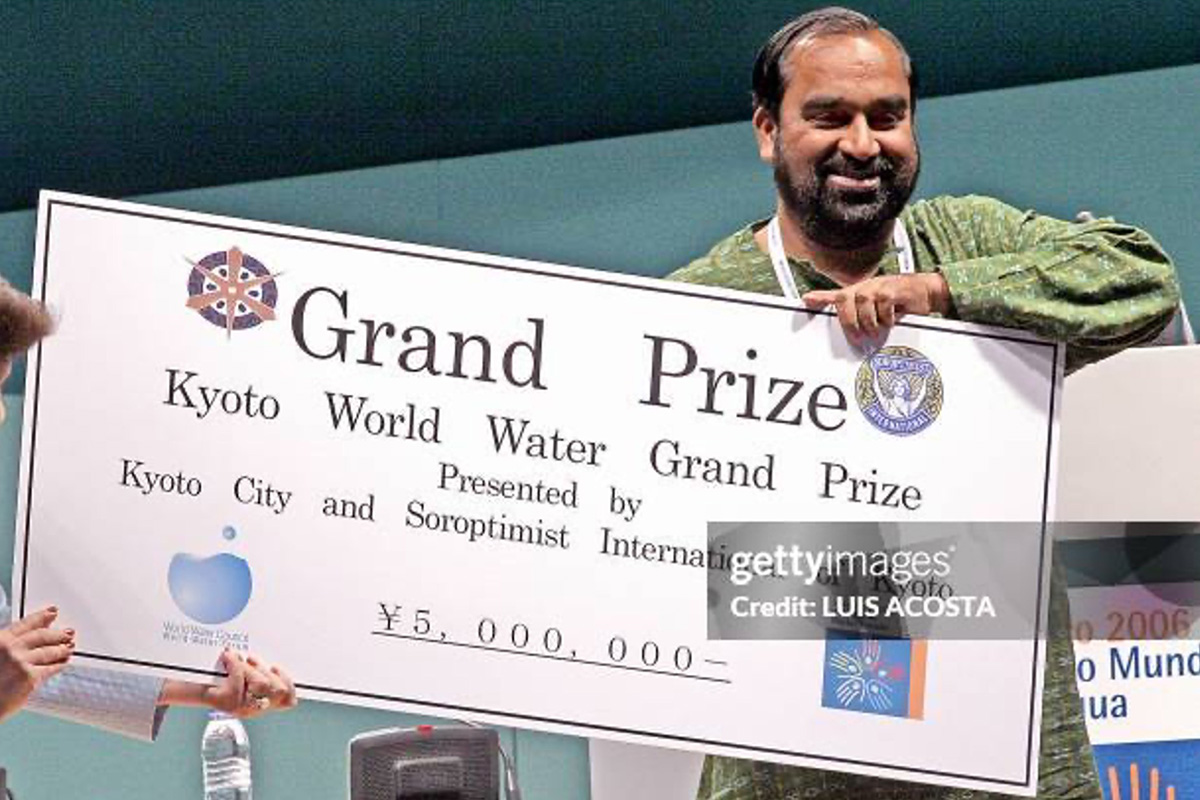“White privilege exists beyond the West”
June 7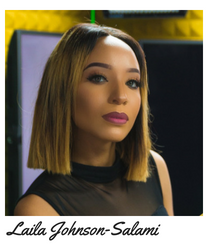 White privilege is the norm in Western nations, writes Laila Johnson-Salami, 21, a Correspondent from Ibadan in Nigeria, who is perturbed to find that it is also the preponderant influence over social status in predominantly Black society.
White privilege is the norm in Western nations, writes Laila Johnson-Salami, 21, a Correspondent from Ibadan in Nigeria, who is perturbed to find that it is also the preponderant influence over social status in predominantly Black society.
Society entrenches benefits to those who simply do not have an overabundance of melanin in their skin pigmentation.
I was born with extremely fair skin, and although my ethnicity is Black, I have always been made conscious about the vulnerability of my skin tone as well as the privileges that come with it.
I grew up in Ibadan, one of Africa’s largest cities in its most populous Black nation, Nigeria. I went to an American school and developed friendships with my peers from several different backgrounds. This exposure allowed me the opportunity to gain an understanding of diversity within my school setting. I was also fortunate to have parents who educated their children through travel, so I increased my knowledge of different cultures during my teen years.
Still, my mother always reminded me that I am vulnerable in Nigeria because of my skin tone, and the older I became the more I experienced this for myself. Recently, I received a phone call from a friend who cautioned me about ritual killings for which my skin tone would make me a target. I laughed – not because what he said was absurd, but because it wasn’t the first time I’d heard that people with “yellow skin” are often targets for rituals; your body parts are basically worth more if you are ‘white’. Albinos are often the main targets for rituals as it is believed that they are ‘special’ people who are ‘marked’ by God. It all sounds grimy, right? But unfortunately that is the reality right now in certain parts of Nigeria.
More striking is the common knowledge that there is a hierarchy in society, and that white people are considered as more worthy in most societies, especially in the West. We rather subconsciously support this remnant of colonialism and allow the subjugation of Africa to endure. This is a general and pervasive mindset that only succeeds in denouncing the already downtrodden.
I have witnessed moments that have instilled immense pride in my fellow countrymen. Having queued for passport control, I watched four European men trying to barge past Nigerians in the security queue. A Nigerian immigration officer set them right, unreservedly embarrassing them by sending them to the end of the line. Everyone definitely felt a sense of pride and belonging thanks to the officer’s no-nonsense approach, but more importantly in the motivation to take their rightful stance as first class citizens.
As a TV presenter I took a trip to Ghana last year to host the Glitz Fashion Week 2017. The event took place at the gorgeous Kempinski Hotel and my crew and I set ourselves up in the lobby of the hotel on all the days of the event.
I was asked by a member of my crew to request the hotel WiFi. His justification was that“you know you’re light, they’re more likely to respond to you”. As I stood up to walk to the reception, his words started to sink in and I thought to myself: “Hold on, you’re in Accra, Laila. You’re in a proud Black country steeped in rich history, and Black people are telling you to ask other Black people for the WiFi because they believe that their darker skin puts them at a disadvantage of getting what they want…” – My first enraged objection was, “I am Black, too!“
Then I thought more and asked myself: “How have we reached a stage where we have allowed white privilege to commandeer our own societies?”
The honest truth is that colourism is not spoken of nor dealt with enough. An example is Nivea’s advertisement featuring a former Miss Nigeria, whereby her skin becomes visibly lighter as she applies the cream. Nivea is aware of the huge market for skin lightening products and is ready to exploit it. We have allowed the international system to put us at a disadvantage.
To speak plainly, whether you look at multinational companies gerrymandering our governments or the United Nations influencing our national priorities, these governing bodies are largely controlled by white men. The fact that this is not being addressed despite the plainly overarching domination over our society’s structures and systems shows that we really have not grasped an understanding of the depth of this issue.
I hosted the launch of a new Samsung product, where the event organizer was of Asian descent. He barked orders at the cameramen instead of speaking to them with respect, as if they were somehow lesser beings. I loved the fact that the cameramen he was shouting at stood their ground. We cannot continue to take disrespect from people coming in to Nigeria believing that they are more significant than us. That was another moment of pride and belonging that I have experienced regarding the issue of white privilege at home.
Black does not come in one shade and that is the beauty of our heritage, which we need to protect and cherish. If we continue to let others pick our ethnicity apart and we continue to also pick it apart ourselves, we will stop ourselves from maximising our potential. I would like to leave you with a few words from the poet Tupac Amaru Shakur, who famously wrote the following as a reminder to remember the value in one’s blackness; “Some say the blacker the berry, the sweeter the juice. I say the darker the flesh, then the deeper the roots”.
Reach me on Twitter:@ljsonline
Photo credit: thedalogs 2.26.09: color wheel via photopin (license)
………………………………………………………………………………………………………………………………………………………………………
About me: I am a journalist, reporting through TV and radio as an anchor for Wazobia Max and Nigeria Info FM. I am also the founder of the We Rise Initiative, a non-governmental organisation empowering woman and girls to rise above 21st century oppression, and a member of the 67 Million Initiative – Nigeria’s most active youth organisation.
………………………………………………………………………………………………………………………………………………………………
Opinions expressed in this article are those of the author and do not necessarily represent the views of the Commonwealth Youth Programme. Articles are published in a spirit of dialogue, respect and understanding. If you disagree, why not submit a response?
To learn more about becoming a Commonwealth Correspondent please visit: http://www.yourcommonwealth.org/submit-articles/commonwealthcorrespondents/
…………………………………………………………………………………………………………………………………………………
